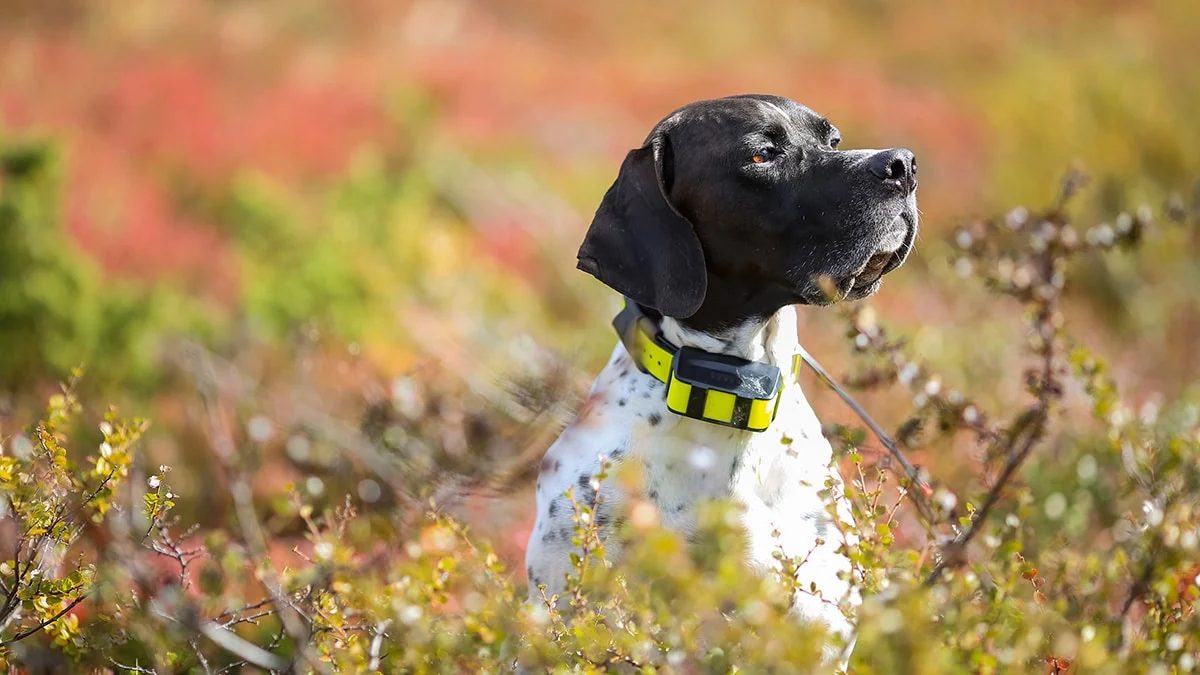Sound locators: technology and choosing the right type
Sound locators are essential tools for tracking the movements and activities of hunting dogs in uncluttered terrain. These devices allow you to locate your dog by ear at distances of up to several hundred metres. Here you will learn how they work, what types there are and how to choose the most suitable one.
How do sound locators work?
Sound locators are designed to help hunting dogs and their owners stay in contact even in difficult terrain. They are equipped with several key features:
- Sound signal: the locator emits specific sounds that can be heard by the hunting dog even at a greater distance. This lets owners know where the dog is
- Operating modes: there are several modes of operation that determine when the audio signal is activated. This can be when the dog is moving or even when the dog is standing still.
- Motion detection: locators are equipped with sensors that react to the dog's movement. This allows the sound to be activated only when the dog is moving.
- Remote control: some locators have a remote control function, allowing owners to activate or deactivate the sound signal remotely
- Batteries and rechargeability: most modern locators have rechargeable batteries, ensuring long battery life and easy recharging.

Types of sound locators
There are different types of sound locators, each with different functions:
- Standard Sound Locator: offers basic functions such as motion tracking and activation when moving or standing.
- In addition to basic functions, the remote control sound locator allows the owner to control the sound signal remotely.
- Multi-Dog Kits: These locators allow you to track multiple dogs at once and often come with different colored collars for easy identification.
How to choose the right sound locator?
When choosing a sound locator, it is important to consider several factors:
- Type of terrain: If you plan to use the locator in rugged terrain, it's a good idea to choose a model with a longer signal range.
- If you have multiple dogs, multi-dog kits may be a good choice.
- Remote control function: if you want more control over sound activation, choose a locator with a remote control.
- Battery life: Battery life is important, especially if you are planning longer hunting trips.
- Adjustable features: make sure the locator allows you to adjust various parameters such as sound volume or the interval between signals.
Sound locators are essential equipment for hunting dogs and owners who want to stay connected in difficult terrain. The right choice depends on your individual needs and the conditions in which you will be using the locator. A thorough comparison of different models and their features will help you find the right one for you and your dog.
